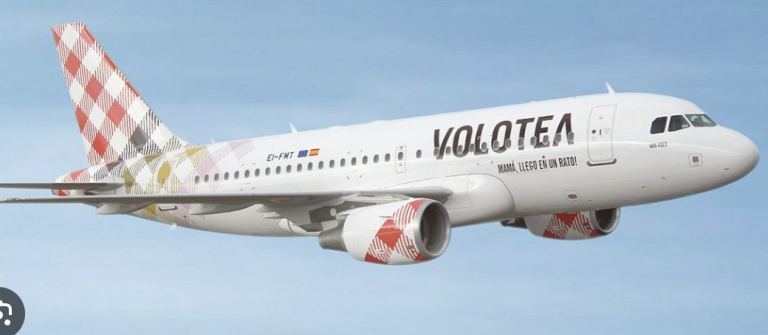
June 4, 2025
On May 26, the European Commission issued a Commission Notice clarifying the method for calculating the price difference between fossil jet fuel and qualified…
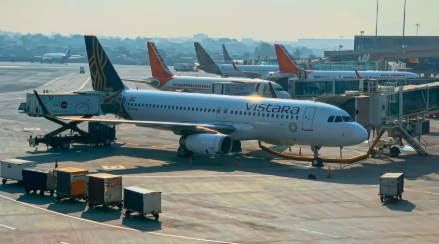
June 3, 2025
Honeywell and NTPC Green Energy, the green energy subsidiary of India’s National Power Corporation (NTPC), have formed a partnership to advance the local production…

June 3, 2025
On May 29, Avina Synthetic Aviation Fuels announced that it will partner with Pittsburgh International Airport (PIT) to build the airport’s first Sustainable Aviation…
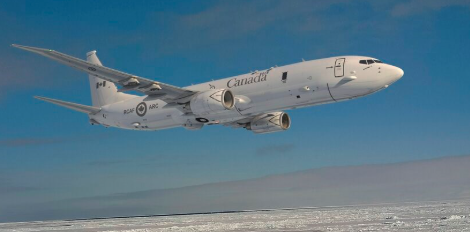
May 29, 2025
On May 29, Boeing Canada said it is investing millions of dollars in commercial ventures in British Columbia and Quebec with the ultimate goal…

May 26, 2025
Virgin Australia and The Boeing Company recently released a study by independent consultants Pollination, which provides insight into the policy challenges and potential opportunities…

May 24, 2025
In the early hours of May 22, the U.S. House narrowly passed the HR 1 bill, which includes key provisions to extend and update…

May 20, 2025
According to Corporate Jet Investor UK, Titan Aviation Fuels International is actively supporting business aviation operators in complying with upcoming EU fuel blending regulations.…

May 19, 2025
May 19- 4AIR, the Ohio-based sustainable aviation solutions company, announced that its interactive “Sustainable Aviation Fuel (SAF) Supply Map” is now live on the…
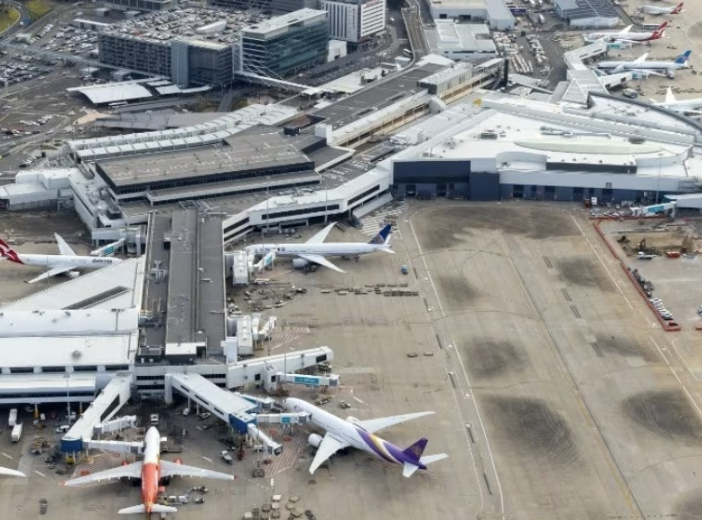
May 15, 2025
In a major step towards aviation decarbonization, Qantas, Ampol, and Sydney Airport—supported by members of the Qantas Sustainable Aviation Fuel (SAF) Coalition—have successfully imported…
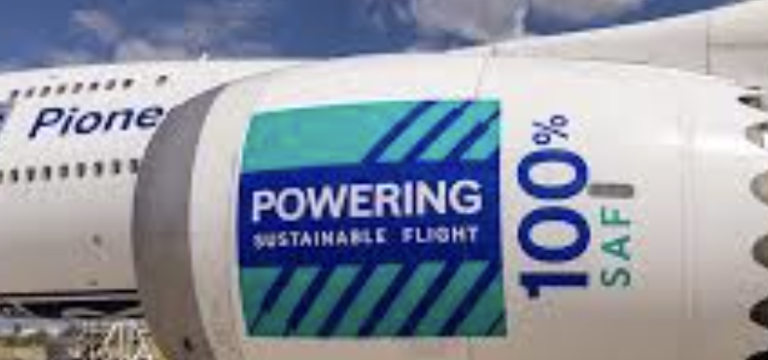
May 15, 2025
The UK has announced a bold set of initiatives to establish itself as a global leader in Sustainable Aviation Fuel (SAF) and accelerate the…









